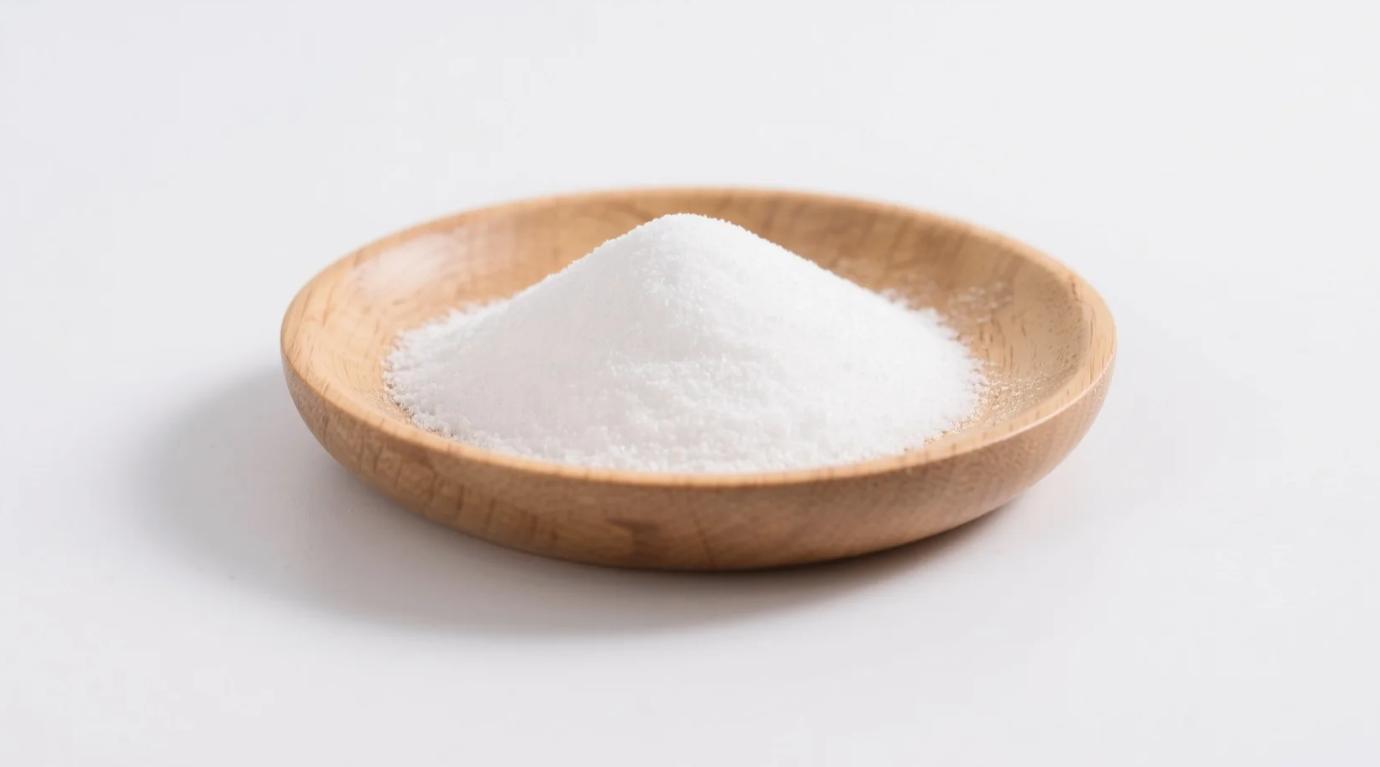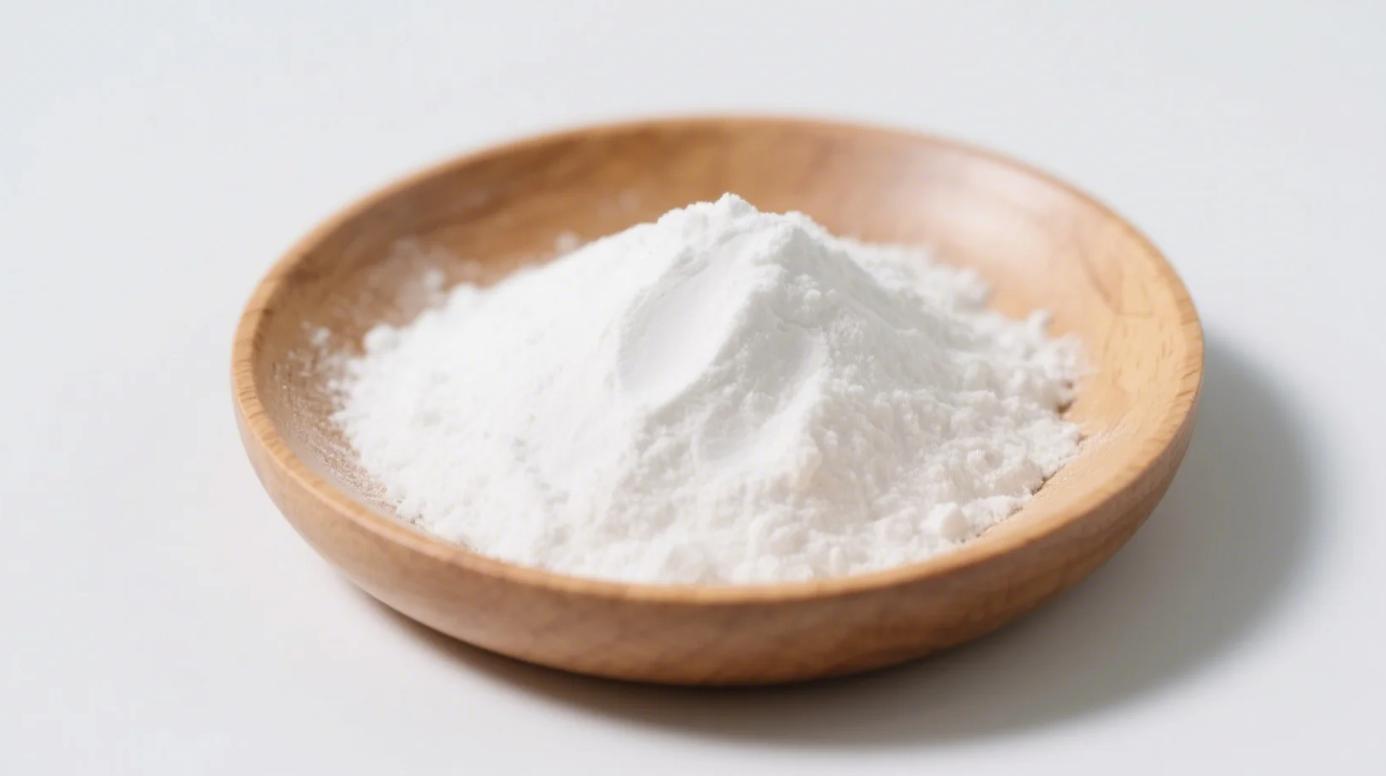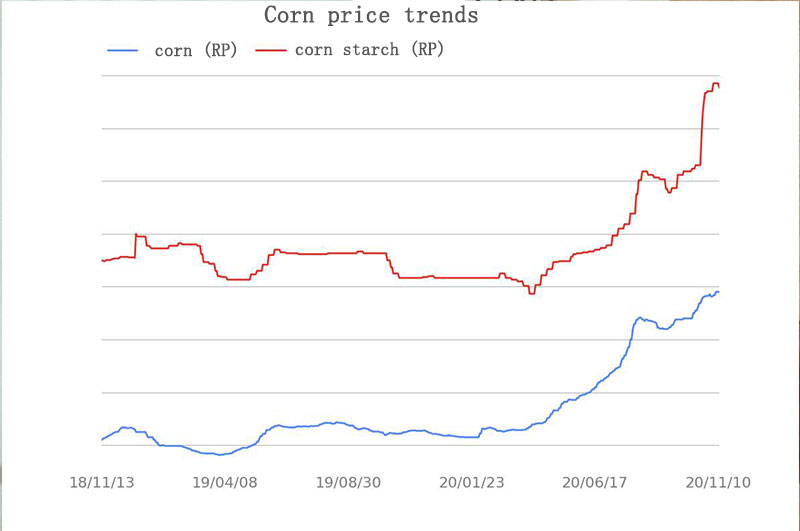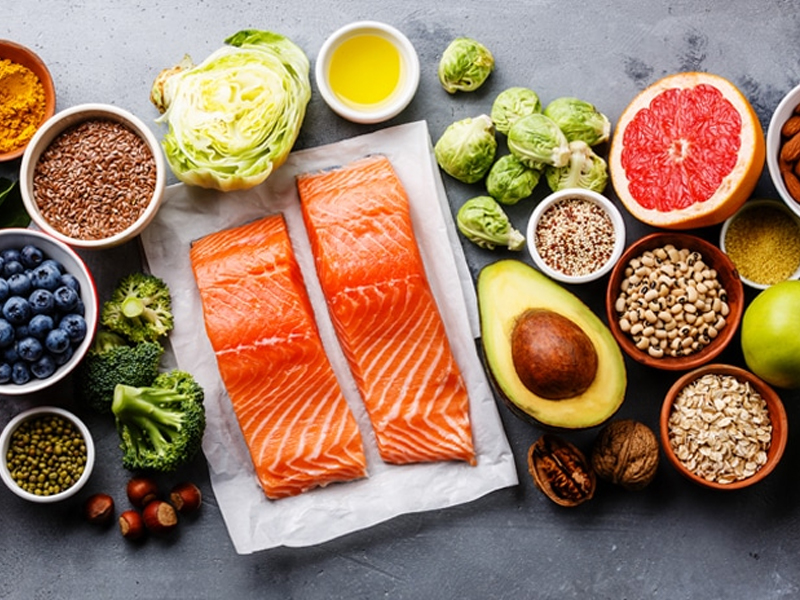Fructose has been demonized as the “villain” of sugars, linked to fatty liver, obesity, and insulin resistance. But is all fructose created equal? Organic fructose syrup and organic fructose powder—sourced from non-GMO fruits and minimally processed—offer a nuanced story. Let’s dissect the science, compare fructose to other sugars, and reveal when this controversial sweetener can fit into a healthy diet.
Fructose 101: Why the Bad Reputation?
- Metabolism: Unlike glucose, fructose is processed almost entirely by the liver, where excess gets converted to fat.
- Studies: High doses (e.g., soda’s HFCS) are linked to NAFLD, insulin resistance, and leptin disruption.
- Natural vs. Added: Fruit’s fructose comes with fiber and antioxidants; isolated fructose (like syrups) lacks these buffers.
Organic Fructose Syrup vs. Powder: Key Differences
| Factor | Organic Fructose Syrup | Organic Fructose Powder |
|---|---|---|
| Source | Cold-pressed apples, pears, agave | Dehydrated mango, dates, coconut nectar |
| Processing | Gently heated, no additives | Spray-dried, no anti-caking agents |
| Best Uses | Baking, marinades, beverages | Smoothies, raw desserts, dry mixes |
| Glycemic Index | 19–25 (low) | 20–28 (low) |
Is Organic Fructose Safer? The Science
- No Synthetic Chemicals:
- Non-organic fructose often comes from GMO corn (HFCS) treated with glyphosate. Organic versions avoid pesticides and GMOs.
- Lower Fructose Concentration:
- Organic syrups/powders contain 40–50% fructose (vs. 55–90% in HFCS), balanced with glucose and trace nutrients.
- Gut-Friendly:
- Minimal processing preserves prebiotic fiber (e.g., inulin in agave syrup), aiding digestion.
Fructose vs. Other Sugars: A Reality Check
| Sweetener | Pros | Cons |
|---|---|---|
| Organic Fructose | Low GI, fruit-derived antioxidants | Still requires liver moderation |
| Cane Sugar | Balanced glucose/fructose | High GI (65), inflammatory when refined |
| Honey | Antimicrobial enzymes | 50% fructose; easy to overconsume |
| Maple Syrup | Manganese, zinc | 35% fructose; often overheated |
Who Should Avoid Fructose?
- NAFLD or Metabolic Syndrome: Impaired liver metabolism worsens with excess fructose.
- Fructose Malabsorption: 30% of adults lack transporters to digest >25g/day.
- Low-Carb/Keto Dieters: Fructose disrupts ketosis by refilling liver glycogen.
Safe Use Guidelines for Organic Fructose
- Daily Limit: ≤25g (≈5 tsp) for most; ≤15g if pre-diabetic.
- Pair with Protein/Fiber: Slows liver processing (e.g., add to Greek yogurt or oats).
- Timing: Post-workout (liver glycogen is depleted, reducing fat conversion).
Why “Organic” Matters
Conventional fructose production harms ecosystems (e.g., corn monocropping) and often uses sulfuric acid for extraction. Certified organic fructose ensures:
✅ No pesticide residues (linked to liver stress)
✅ Ethical sourcing (wild-harvested agave or regenerative orchards)
✅ Minimal processing (preserves natural co-factors like potassium and polyphenols)
FAQs
Q: Does organic fructose cause weight gain?
A: In excess, yes—but its lower GI and slower absorption reduce cravings vs. table sugar.
Q: Best organic fructose source?
A: Agave syrup (lowest GI) or coconut nectar powder (mineral-rich).
Q: Safe for kids?
A: Occasional use is fine, but prioritize whole fruits for fiber.
Q: Shelf life?
A: Syrup: 2 years; Powder: 18 months (store in cool, dark places).
Fructose isn’t inherently “evil”—it’s about source, dose, and diet context. While high-fructose junk foods harm health, organic fructose syrup and powder—used sparingly—can sweeten mindfully without the metabolic chaos of ultra-processed sugars.
Related Products
Organic Fructose
Dual-Format Natural Sweetener for Clean-Label & Low-Glycemic Formulations
Organic Inulin
Premium Prebiotic Fiber for Nutraceuticals, Food & Beverage Industries



